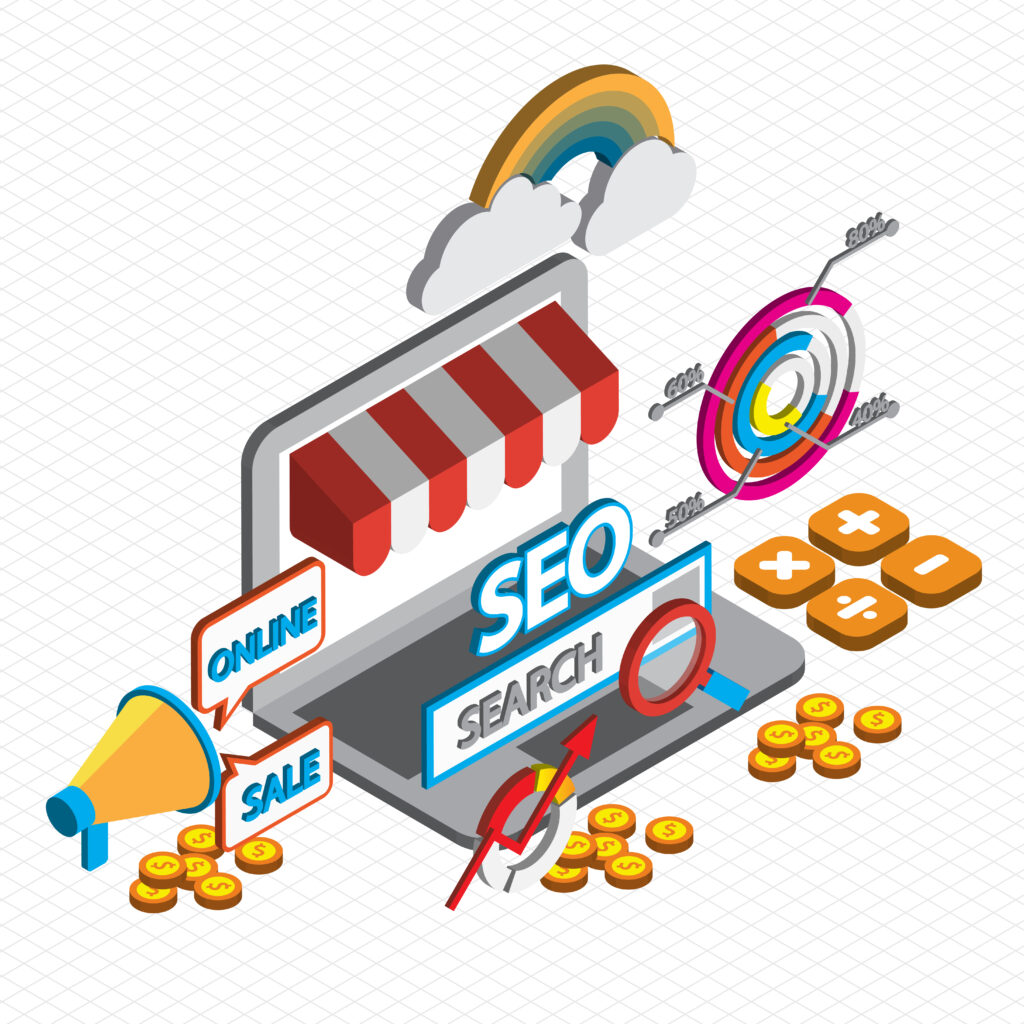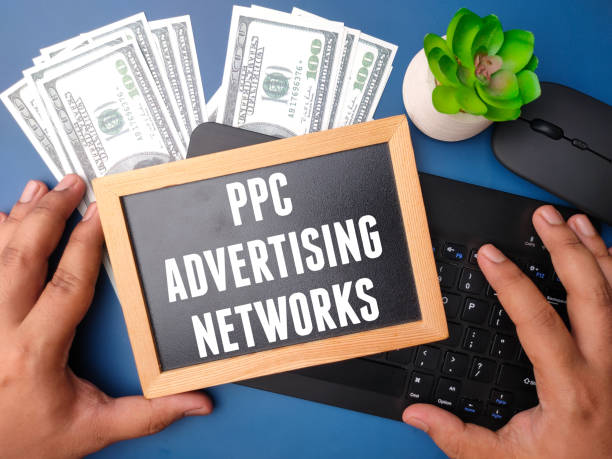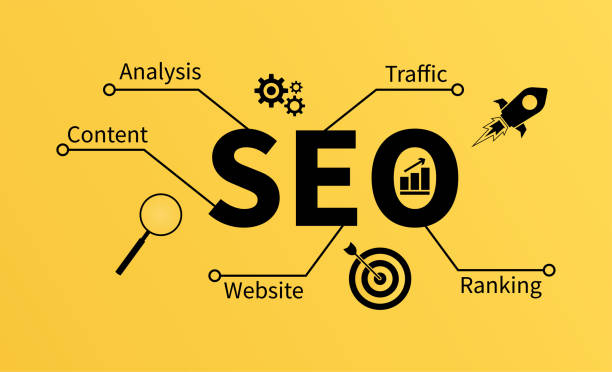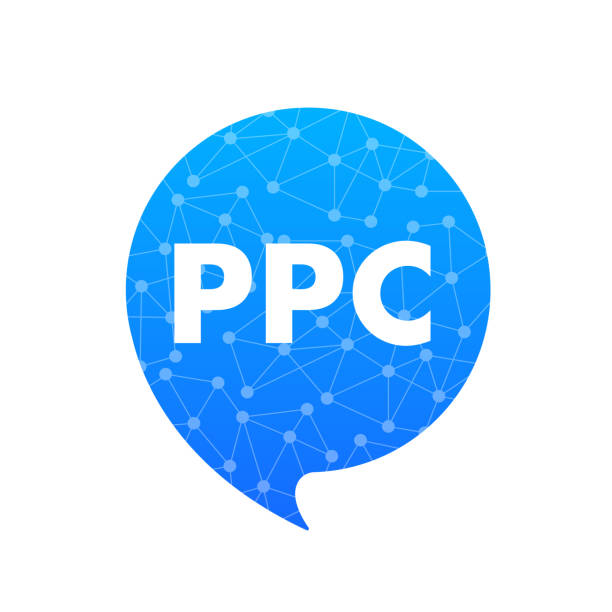When it comes to driving online traffic and generating leads, PPC and SEO are two essential tools for marketing agencies. Both play distinct roles, yet when combined, they can achieve better results. Understanding how they work together can help agencies build stronger campaigns and reach their goals.
What Are PPC and SEO?
Defining PPC: Paid Advertising at Its Core
PPC, or pay-per-click advertising, is a paid strategy where businesses place ads on search engines, social platforms, or other websites. Each time someone clicks on an ad, the advertiser pays a fee. This approach provides immediate visibility, making it ideal for targeting specific keywords or demographics.
SEO: Driving Organic Traffic Over Time
Search engine optimization, or SEO, focuses on improving a website’s rankings on search engines like Google or Bing. It involves strategies such as keyword research, high-quality content creation, and link building. Unlike PPC, SEO is not instant—it requires consistent effort to see long-term results.
Why Should Marketing Agencies Combine PPC and SEO?
Marketing agencies often use PPC and SEO together because each fills gaps left by the other. PPC drives immediate results, while SEO builds sustainable growth over time. By combining them, agencies can achieve balanced and effective campaigns.
Key Benefits of Using PPC and SEO Together
- Improved Keyword Data: PPC campaigns provide real-time keyword performance data, which can inform SEO strategies.
- Broader Visibility: Appearing in both paid ads and organic search results increases visibility and trust.
- Enhanced Targeting: SEO captures organic traffic, while PPC allows you to target specific audiences with precision.
How PPC and SEO Complement Each Other
1. Using PPC to Test Keywords for SEO
PPC campaigns provide quick insights into keyword performance. Agencies can test various keywords in ads to see which ones drive traffic and conversions. Successful keywords can then be integrated into SEO efforts, such as blog content or meta tags.
2. Shared Data Between Strategies
SEO efforts often focus on improving rankings for organic keywords. By analyzing PPC data, agencies can identify high-performing keywords to prioritize for SEO. Similarly, SEO can uncover keywords that might perform well in paid campaigns.
3. Enhancing Click-Through Rates (CTR)
When a website appears in both the paid and organic sections of search results, it often increases the likelihood of a click. This combined presence reinforces brand authority and encourages users to take action.
How to Balance PPC and SEO for Marketing Success
1. Align Goals for Both Strategies
The first step in combining PPC and SEO is to ensure that the goals for both are aligned. Whether the objective is to increase traffic, generate leads, or boost sales, having clear goals will guide both efforts effectively.
2. Use PPC for Immediate Results While Building SEO
SEO takes time to show results, especially for competitive keywords. During this period, PPC can help maintain visibility and attract traffic.
3. Optimize Landing Pages for Both Strategies
Landing pages are critical for both PPC and SEO campaigns. For PPC, they should be tailored to encourage conversions, while for SEO, they need to be optimized for relevant keywords and provide valuable information.

Challenges of Combining PPC and SEO
1. Budget Constraints
Running PPC campaigns can be costly, especially for competitive keywords. Agencies need to balance ad spend with SEO investments.
2. Managing Complexity
Combining two strategies requires careful planning and monitoring. Without proper coordination, efforts may overlap, leading to wasted resources.
3. Tracking and Reporting
Tracking performance metrics for both PPC and SEO can be challenging. Agencies must use tools and analytics to ensure accurate reporting.
Best Practices for Combining PPC and SEO
1. Share Insights Across Teams
The PPC and SEO teams should share findings regularly. For example, PPC performance data can guide SEO keyword strategies, and SEO trends can identify new opportunities for PPC campaigns.
2. Consistent Branding Across Campaigns
The messaging and design used in PPC ads should match what users find on the website through organic search. This consistency builds trust and ensures a seamless experience.
3. Use Remarketing Campaigns
Remarketing campaigns target users who visited your site via organic search but did not convert. PPC can re-engage these users, increasing the chances of conversion.
Tools to Help Manage PPC and SEO Together
1. Google Analytics
This tool helps track website traffic and conversions for both PPC and SEO campaigns.
2. SEMrush
SEMrush is excellent for keyword research, competitive analysis, and monitoring both paid and organic campaigns.
3. Google Ads
For PPC campaigns, Google Ads provides detailed insights into ad performance, allowing marketers to adjust strategies as needed.

Why PPC and SEO Are Better Together
By combining PPC and SEO, marketing agencies can achieve greater success than relying on either strategy alone. PPC delivers quick results, while SEO focuses on sustainable growth. Together, they ensure a well-rounded approach to attracting and converting customers.
Conclusion
Combining PPC and SEO can significantly improve a marketing agency’s ability to drive traffic, generate leads, and increase conversions. Each strategy has its strengths, and when used together, they fill in each other’s gaps. From sharing data to aligning goals, the synergy between PPC and SEO offers a robust framework for digital marketing success.








